Sabbath: Saturday or Sunday?
Someone’s “official seal” contains these three items:
- the person’s name,
- the person’s title or office, and
- the territory or area over which the person has jurisdiction or rule.
Now, consider specifically Commandment #4 (which is Commandment #3 in Catholicism), concerning the observance of the Sabbath (Exodus 20:8-11; Deuteronomy 5:12-15). Interestingly, we see the “official seal” of God “stamped” onto this commandment (Exodus 20:10,11), which includes His name, title, and dominion of authority:
- the Lord, or the Lord your God (YWVH),
- Creator or Maker, and
- the heavens and the earth, the sea, and all that is in them.
This commandment is the only commandment in which is contained God’s “seal” or “mark.” It can be argued that this is what gives the Ten Commandments, inscribed by the finger of God (Exodus 31:18), validity and authority. Within the command to observe the Sabbath day are four directives (Leviticus 23:3):
- identifying the seventh day as a Sabbath of rest,
- designating it to be a day of sacred assembly or convocation,
- instructing observers not to do any work on that day, and
- classifying it as the Sabbath to/of the Lord.
The Sabbath day is to be “holy” (Exodus 20:8). That is, it is to be “set apart” as being different from any other day of the week.
Jesus said that He, the Son of Man, was the “Lord of the Sabbath” and then went into a synagogue (Matthew 12:8,9). Being Jewish, Jesus went to synagogues and taught on the Sabbath (Mark 1:21,22; Luke 4:15,16,31, 13:10), which was the seventh day of the week, Saturday. There also are several cases of Paul’s entering into synagogues and/or teaching on the Sabbath (Acts 13:14,44,45, 16:13, 17:1,2, 18:4,11).
|
“Saturday” in Various Languages
Note similarities to “Shabbat” (Hebrew) and “Sabbath” (English) |
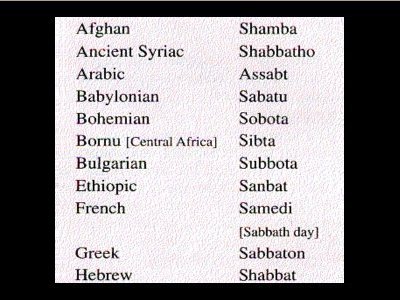 |
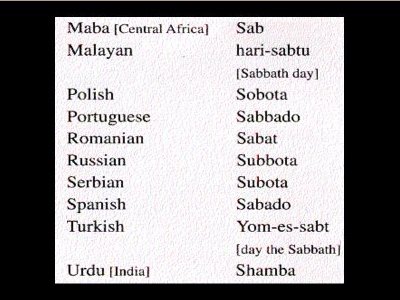 |
|
| Paul’s Record of Sabbath Services in Acts |
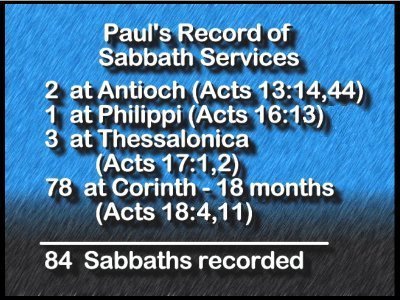 |
|
The (Catholic) Church Changed the
Sabbath from Saturday to Sunday |
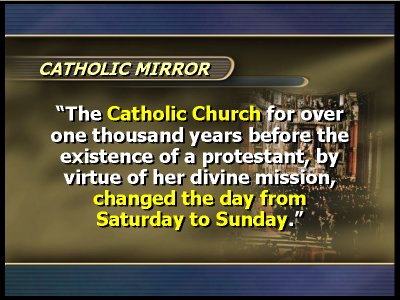 |
|
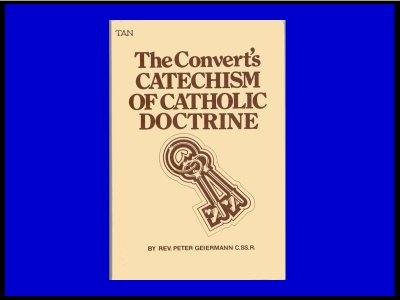 |
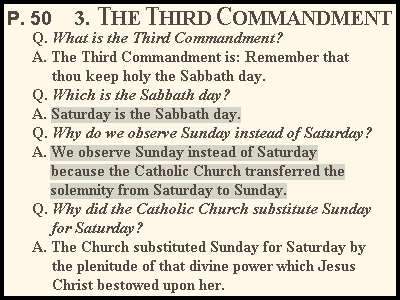 |
|
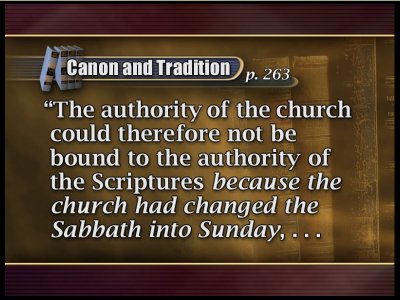 |
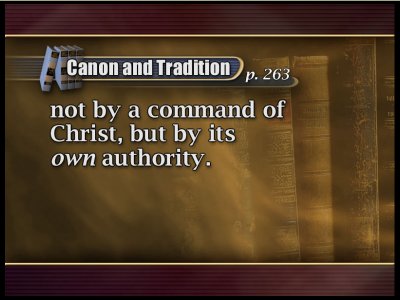 |
|
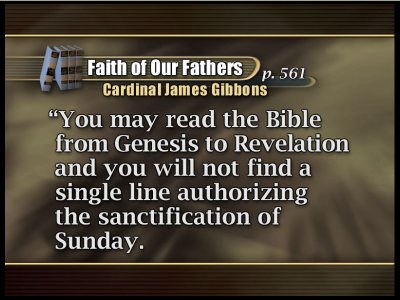 |
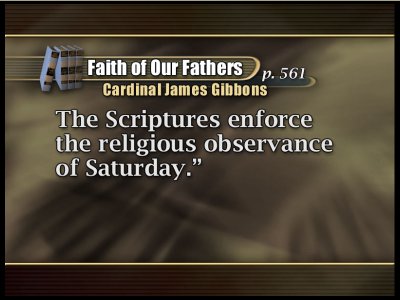 |
|
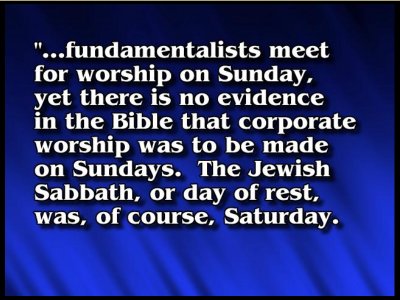 |
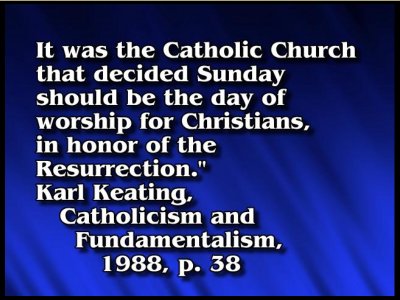 |
|
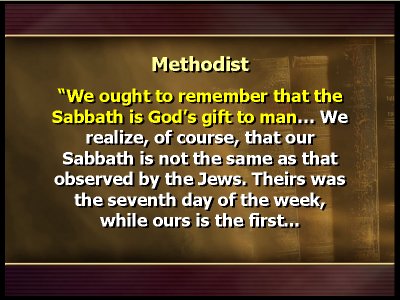 |
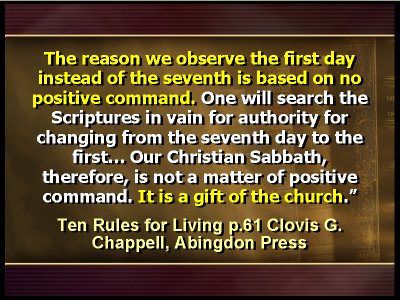 |
|
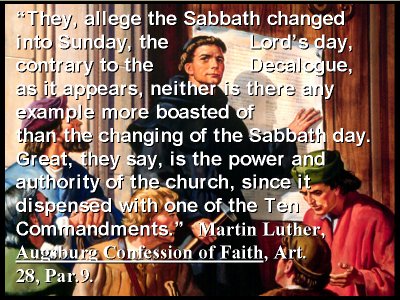 |
|
| The Son of Man: Lord of the Sabbath |
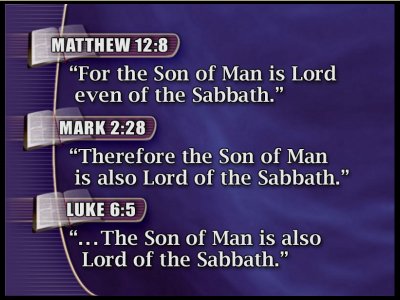 |
|
| Go to Ted’s Homepage |















